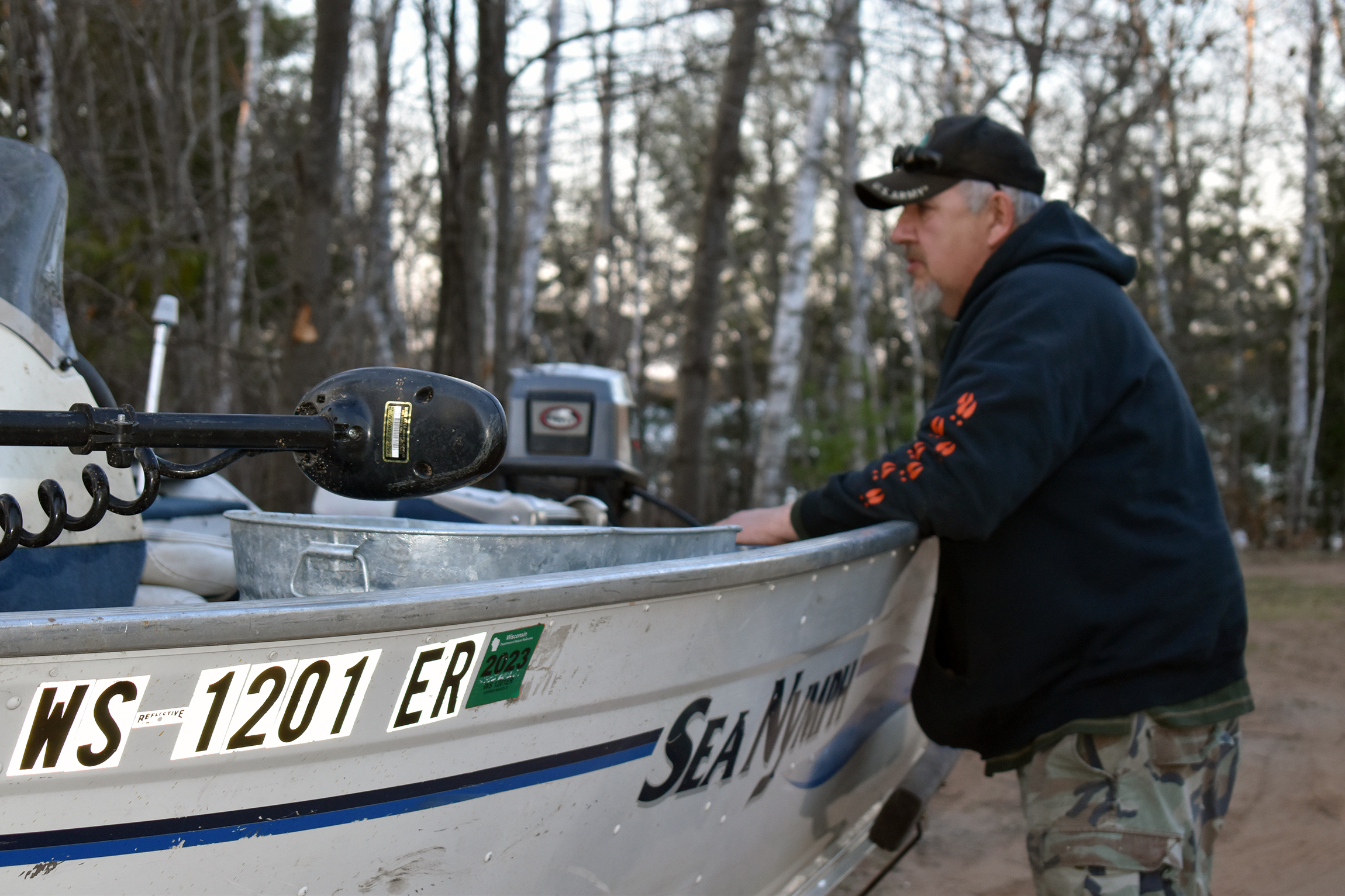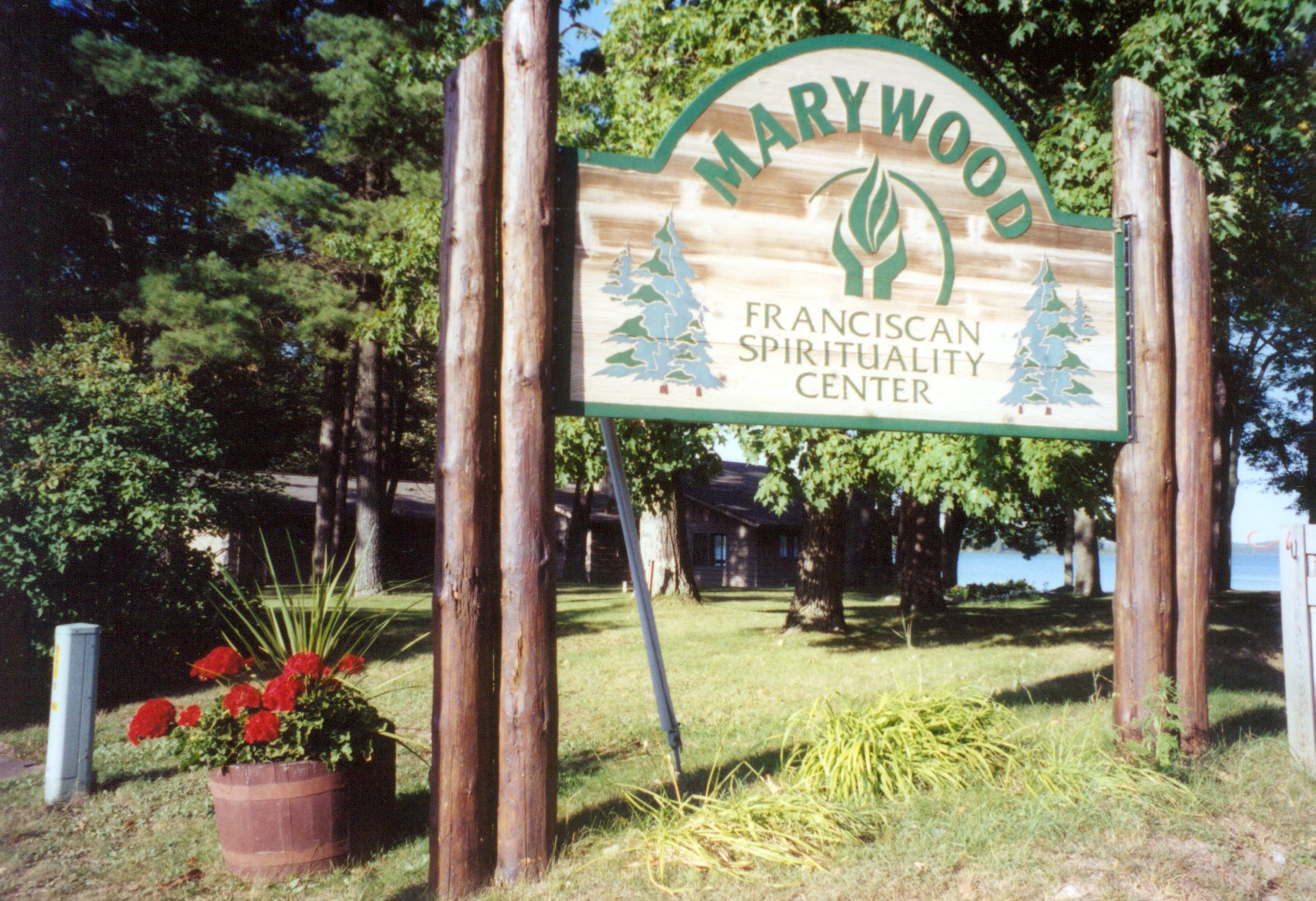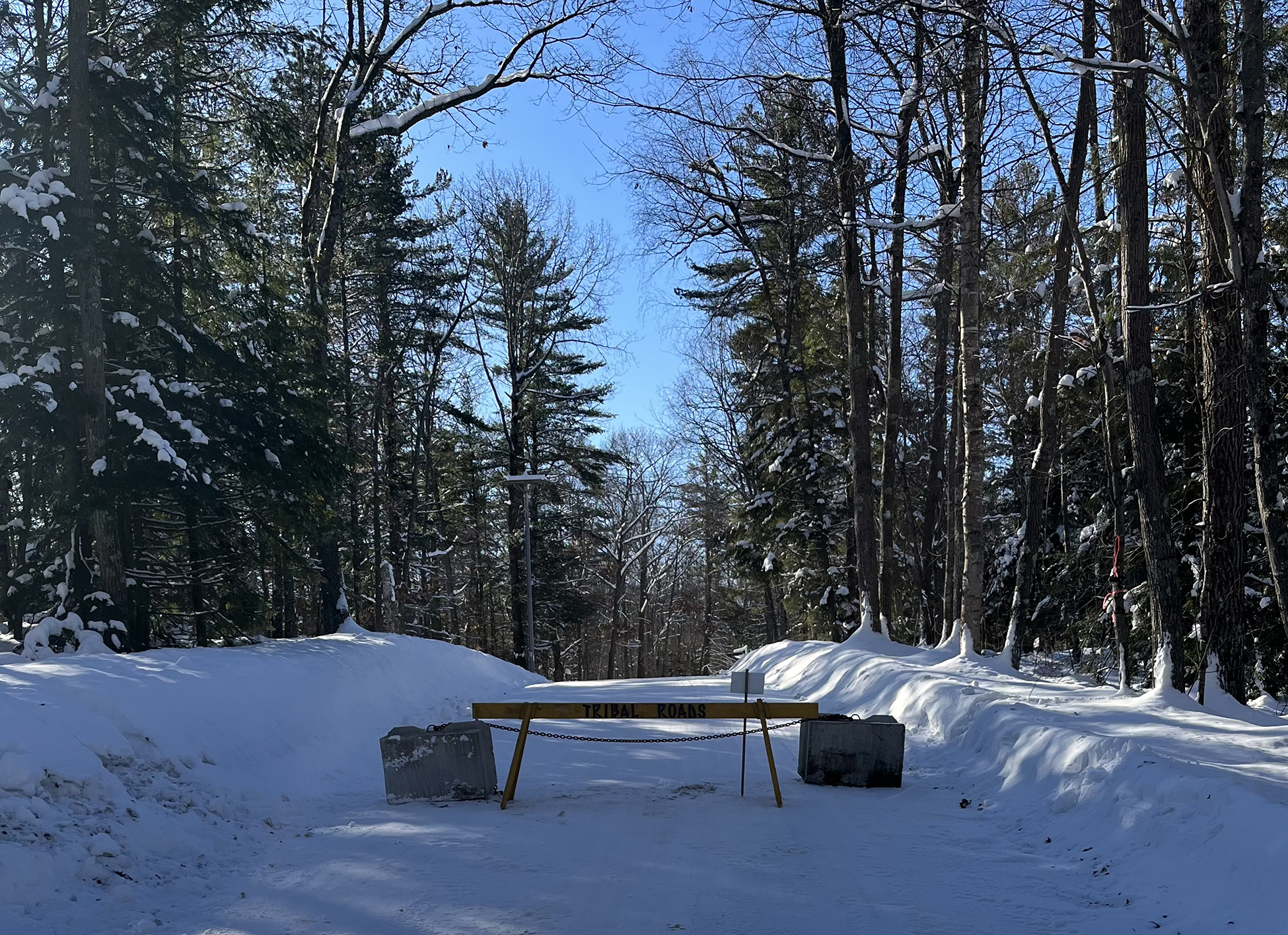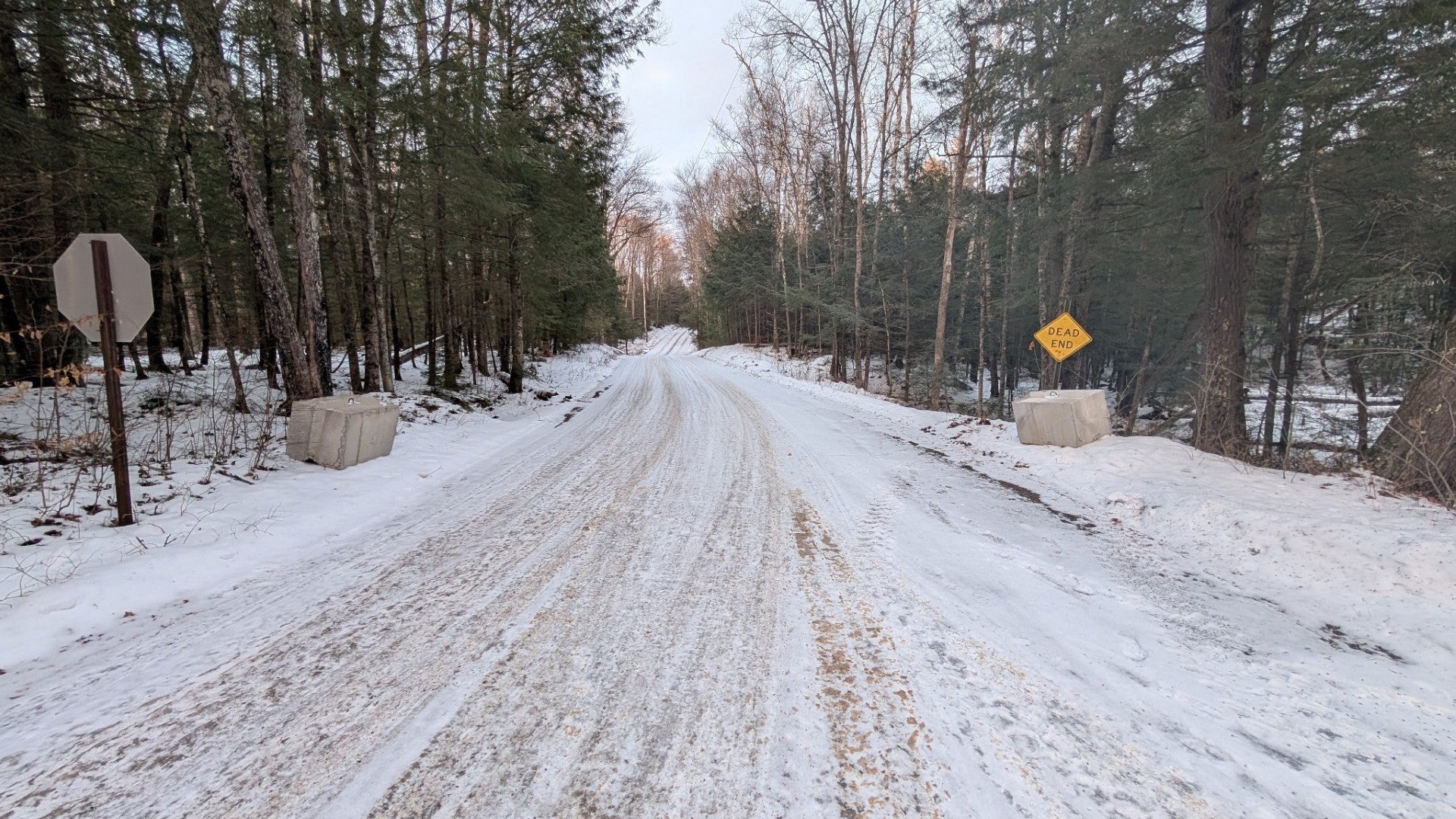The leader of the Lac du Flambeau tribe said it won’t issue permits under a tribal ordinance granting access to roads that cross the reservation until the town of Lac du Flambeau pays nearly $10 million for trespassing on tribal lands.
It’s the latest development in a contentious dispute between the tribe, town and title companies over access to roads with long-expired easements.
In a Dec. 1 letter, Lac du Flambeau Tribal President John Johnson Sr. said the tribe has enacted a permitting ordinance that applies to all roads crossing tribal lands, as well as those held in trust for the band by the federal government. The tribe’s legislation allows access in exchange for a fee that’s equal to 1.5 percent of the fair market value of homes along affected roads.
News with a little more humanity
WPR’s “Wisconsin Today” newsletter keeps you connected to the state you love without feeling overwhelmed. No paywall. No agenda. No corporate filter.
Johnson said the town won’t be able to secure permits under the tribe’s ordinance, which may allow access for up to one year, until it receives payment.
“The Tribe will not issue any permits under the Permitting Ordinance to the Town until the Tribe receives payment for the past trespass damages,” Johnson wrote.
The tribe is asking for $9.6 million in damages, which includes $3 million in tribal administration fees. Johnson said the money would resolve past trespass on Annie Sunn Lane, Center Sugarbush Lane, East Ross Allen Lake Lane and Elsie Lake Lane in addition to Big Thunder Lane.
Matt Gaulke, town chair of Lac du Flambeau, said in a letter that the town is reviewing the tribe’s correspondence. Neither the tribe nor Gaulke immediately responded to WPR requests for an interview on Friday.
In its letter, the town said it had paid a monthly fee of $34,000 for access to roads through Jan. 12. A receipt posted on the town’s website shows the tribe’s land management officer had signed off on permits for temporary access to roads through mid-January.
The town said it’s paid $256,000 for access to roads since March, adding title companies have paid $70,000 of that amount from August through November.
Residents worry the town can’t afford the request, but tribe says history is at play
Earlier this year, the tribe barricaded four roads from Jan. 31 through March 13. The blockade came after negotiations broke down with the town and title companies over right-of-way easements that expired between 2011 and 2018.
The agreements allowed nontribal residents to use roads on reservation lands to access their homes. Since then, the town has been making monthly payments to the tribe for temporary access. Multiple lawsuits have been filed in the dispute by landowners, the town and the federal government.
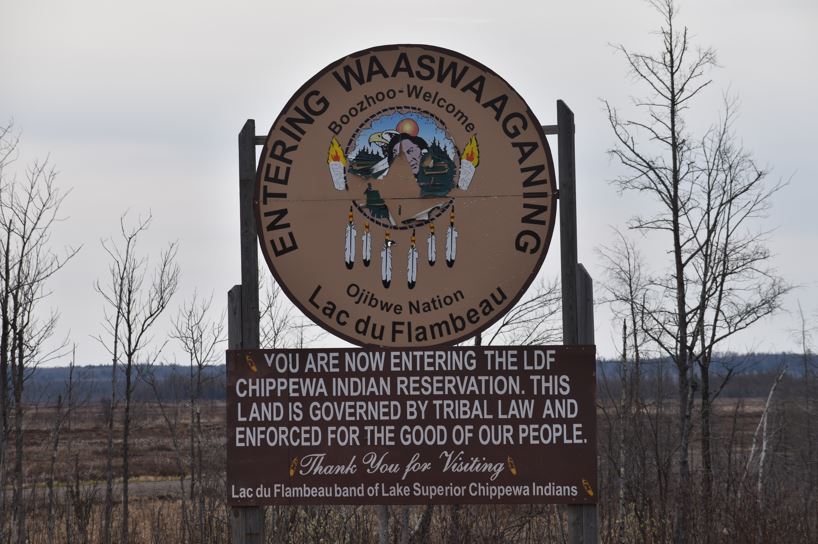
Danielle Kaeding/WPR
The tribe’s letter has stoked fears among homeowners that barricades may once again block roads. Dennis Pearson, who lives on East Ross Allen Lake Lane, said the situation has been extremely nerve-wracking. He fears what may happen if the barricades return, noting he works in Wausau and his wife works in Rhinelander.
“If I can’t get out of my property because they barricade us off, our jobs will be at risk,” Pearson said.
Dave Kievet, who lives on Center Sugarbush Lane, said the town doesn’t have the money to resolve the dispute. Earlier this year, the tribe said it was seeking $20 million for fees and expenses it incurred for years trying to secure an agreement to provide access to roads.
“You can’t squeeze blood out of a turnip,” Kievet said. “And they’re not going to be able to force the town into bankruptcy.”
He added that the fee the tribe proposes in exchange for access seems grossly excessive. However, the tribe has said it feels the town and title companies want right-of-way access forever. Tribal officials say that’s the same as asking Lac du Flambeau to surrender land after ceding millions of acres over generations.
“We now live on a 12-by-12 square mile piece of land known as a Reservation,” the tribe said in a February statement. “This is all we have left.”
Pearson said the ongoing dispute is a mess that was created by the federal government. The issue stems from historic federal policies after Congress passed the Dawes Act, or the General Allotment Act, in 1887. Under the law, the president was authorized to break up and parcel out reservation land to individual tribal members. The policy was later reversed, but not before many lands fell out of tribal ownership. The Lac du Flambeau tribe, like others, doesn’t own all the land within its reservation.
Pearson said multiple parties are at fault. He doesn’t think it can be resolved at the local or state level, urging federal authorities to get more involved. The town is being sued by the federal government for knowingly trespassing on tribal lands after right-of-way easements expired. A spokesperson with the U.S. Department of Justice declined to comment on ongoing litigation.
“What I care about is having a safe, accessible home for me and my wife to live in and have our kids and family feel comfortable that they can come to,” Pearson said. “This is our forever home.”
Kievet feared there may be grave consequences if roads are blocked, although he wouldn’t speculate as to what might happen.
“If they blocked those roads off, it’s going to be like them lighting the fuse to a powder keg,” Kievet said. “I think that everybody’s patience is about at its end.”
Wisconsin Public Radio, © Copyright 2025, Board of Regents of the University of Wisconsin System and Wisconsin Educational Communications Board.

